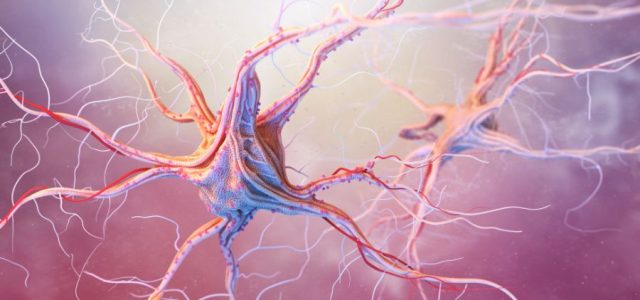Lyme Science Blog
Dr. Daniel Cameron, MD, MPH, is a nationally recognized leader for his expertise in the diagnosis and treatment of Lyme disease and other tick-borne illnesses. His weekly Lyme Disease Science blog features articles covering the latest research, insights and case reviews.
Lyme Science Blog
Night Sweats: An Overlooked Symptom of Babesia
A 42-year-old man came to me after months of waking drenched in sweat — classic night sweats from Babesia, though
Lyme Science Blog
🚩 Lyme Red Flag: “You Need to See a Psychiatrist”
When “It’s All in Your Head” Isn’t the Answer It’s one of the most painful things a patient can hear
Lyme Science Blog
PTSD-Like Symptoms After Medical Gaslighting in Lyme Disease
Recognizing PTSD-Like Symptoms in Lyme Disease Many patients describe racing thoughts before appointments, fear of being dismissed, and physical reactions
Favorite Blogs, Lyme Science Blog
When Lyme disease causes pain behind the eyes
When “Just a Sinus Infection” Was Something More She thought it was another sinus infection — until antibiotics for Lyme
Lyme Science Blog
Lyme Disease CRPS Connection: When Infection Drives Pain
The Lyme Disease CRPS Connection: When Infection Drives Pain Introduction (with keyphrase included) The Lyme disease CRPS connection isn’t widely
Favorite Blogs, Lyme Science Blog
When Lyme Disease Makes Driving Difficult
When the Road Stops Feeling Safe For many patients, the realization hits suddenly — you’re behind the wheel, and something
Lyme Science Blog
Post-Exertional Malaise in Lyme Disease: Why Pacing Matters
Someof my patients recovering from Lyme disease describe a familiar pattern: they finally feel well enough to be active—maybe a
Lyme Science Blog
Long COVID or Lyme Disease? When Symptoms Don’t Add Up
He wasn’t losing his mind—he was losing time. Each week blurred into the next as fatigue and fog deepened. When
Lyme Science Blog
When Lyme Disease Looks Like Juvenile Arthritis
It’s not juvenile arthritis. It’s Lyme disease. At 16, Emma’s rheumatologist told her she’d likely need lifelong medication for juvenile









